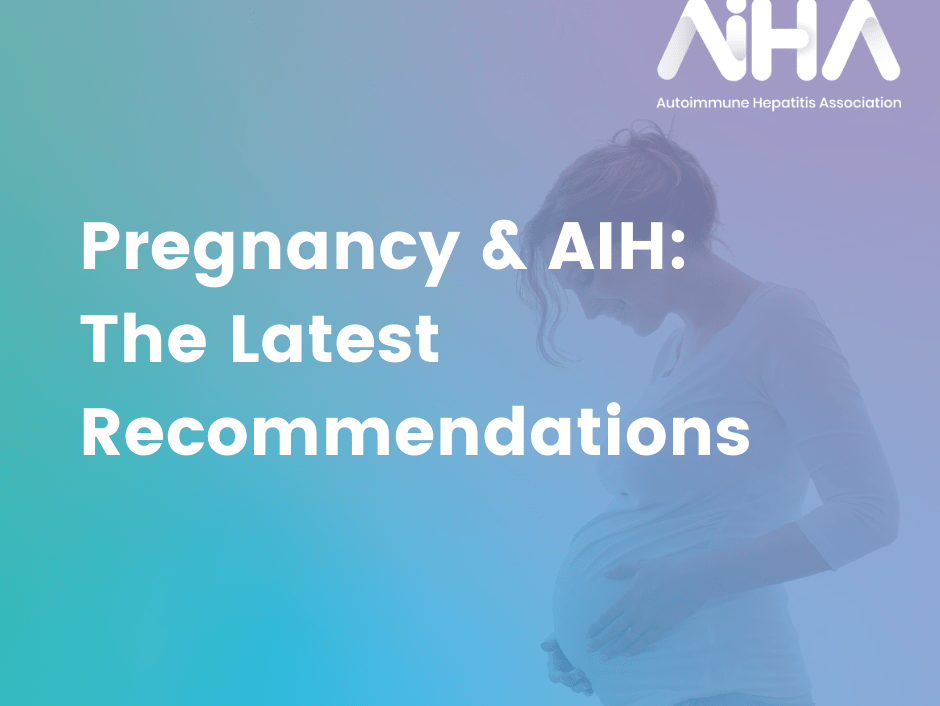The Autoimmune Hepatitis Association

We know it can be scary to think about having a baby when you have a rare disease, especially one like autoimmune hepatitis (AIH) that usually requires patients to take immunosuppressants. We’re happy to share that many of our female members with AIH have reported having healthy pregnancies and babies. But it’s important to plan appropriately and talk to your doctor before you consider starting or expanding your family.
Pregnancy among women with AIH can be challenging. From a scientific standpoint, more published data on this topic has led to better insight on how to manage pregnant AIH patients. A recent review article published in the journal Hepatology has provided important considerations of pregnancy in AIH patients.
Here are the top five takeaways about pregnancy in AIH from the article:
1. Pregnancy and hormones often trigger the immune system to “behave” better, but new diagnosis of AIH or “flare” of AIH have been described (albeit rarely) in pregnancy. Liver tests should be monitored during pregnancy.
2. It is wise to seek preconception counseling from both obstetric and hepatology doctors. This can lead to better outcomes for mothers and babies. Unplanned pregnancies have been associated with increased risk of adverse pregnancy-related outcomes. AIH has been associated with increased preterm delivery (prior 37 weeks) and, in some studies, lower birth weights.
3. AIH patients with cirrhosis should have an upper endoscopy to rule out or treat esophageal varices prior to conception.
4. Continued immunosuppressive treatment throughout pregnancy is recommended as worsening liver tests among pregnant AIH patients were more prevalent in those stopping immunosuppression (except for Cellcept/mycophenolate mofetil, which can cause birth defects). Poorly controlled liver inflammation is associated with reduced fertility and adverse pregnancy outcomes. Good control of AIH should be targeted prior to conception.
5. AIH patients have increased risk of developing gestational diabetes and complications of pregnancy such as hypertension, eclampsia, and HELLP syndrome.
Overall, patients with AIH can have good outcomes with pregnancy, but planning can go a long way to ensure a healthy mom and baby.
